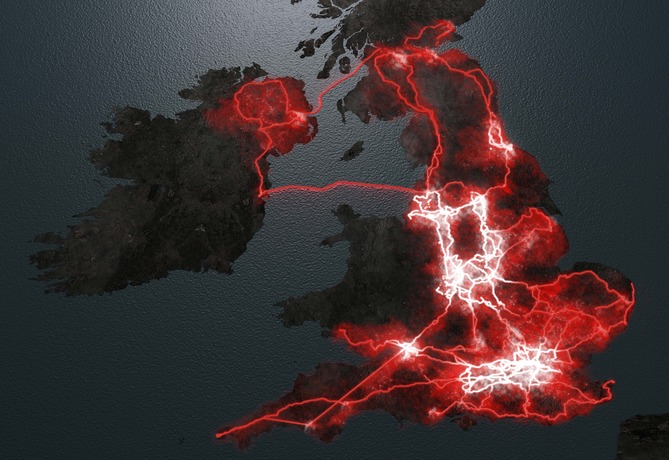Ofcom: 1 In 4 Users Now Have Superfast Broadband, Average Is 17.8Mbps

Ofcom says broadband connections in the UK are getting faster, but warns more must be done to ensure rural areas are not left behind
Ofcom says one quarter of all fixed line broadband connections in the UK that can be considered ‘superfast’, boosting the country’s average Internet speed to 17.8Mpbs – five times the 3.6Mbps average reported when the regulator first started collecting data in November 2008.
The average superfast broadband connection speed is now 47Mbps, but Ofcom says the benefits of faster speeds or not being felt equally around the country, with rural areas worse off than urban and suburban areas.
The average download speed in urban areas in November 2013 was 31.9Mbps, a 21 percent increase from May 2013, while suburban speeds rose by 22 percent to 21.8Mbps. Ofcom says the average rural connection sped up by 9.9Mbps to 11.3Mbps, although warns the test sample was not large enough to be “statistically significant” and should be treated as indicative.
Faster speeds
 It says the lack of superfast broadband in rural areas is the main reason behind the slower speeds, although it acknowledges the government’s initiatives to improve coverage, such as Broadband Delivery UK, and the £250 million allocated to local authorities to extend coverage to 95 percent of the population by 2017.
It says the lack of superfast broadband in rural areas is the main reason behind the slower speeds, although it acknowledges the government’s initiatives to improve coverage, such as Broadband Delivery UK, and the £250 million allocated to local authorities to extend coverage to 95 percent of the population by 2017.
However the regulator says some urban areas are also suffering from an absence of superfast broadband and says it will work with ISPs to see what barriers exist to prevent further coverage.
“The growth in superfast broadband and the rise in average speeds is testament to the investment in the sector. But the benefits are not shared evenly across the UK,” says Ofcom CEO Ed Richards. “There is more work needed to deliver wider availability of broadband and superfast broadband, particularly in rural communities but also in some locations within cities to enable wider access to fast internet.”
Ofcom also performed tests on individual broadband packages from the UK’s largest ISPs to see which provided the fastest download and upload speeds over a 24 hour period and during peak times between 8 and 10 pm.
Virgin Media’s ‘up to 120Mbps’ package performed the best over a 24 period, delivering average speeds of 114.9Mbps, followed by up to 76Mbps packages from BT, TalkTalk, Sky, EE and Plusnet, which delivered 64.8Mbps. However the same Virgin Media package struggled to maintain its maximum speed during peak hours, offering 108.8Mbps, compared to its 76Mbps rivals, which served up 64Mbps.
‘Digital apartheid’
The government says Ofcom’s research vindicates its broadband policy and says enhanced coverage will bring a range of benefits to the country.
“Ofcom’s report confirms the remarkable transformation of UK Broadband currently underway,” says communications minister Ed Vaizey. “The UK has the best superfast coverage of all five leading European economies, and the news that average speeds continue to rise is tremendous news for homes and businesses alike.”
The Countryside Alliance has welcomed the news that broadband connections are getting faster, but says the fact that rural areas continue to suffer from slower speeds is evidence that “digital apartheid” continues to exist in the UK.
“The Government has set a target that 95 percent of premises will have superfast broadband by 2017. It is the last 5 percent of homes which will not be affected by this project that we are most concerned about,” says Sarah Lee, head of policy at the Countryside Alliance. “The importance of broadband to rural households and businesses should not be underestimated with many deeming it an essential service, alongside water, electricity and gas.”